Stress and anxiety are two sides of the same coin. Stress often results from external causes, while anxiety comes from within. Short-term triggers can include a deadline at work or a fight with a loved one. Long-term triggers may consist of long-term disabilities, discrimination, or chronic illnesses. Mental and physical symptoms of stress include irritability, anger, fatigue, muscle pain, digestive problems and difficulties sleeping.
On the other hand, anxiety can be characterized as persistent, excessive worry that never goes away. When one is anxious, they experience many of the same symptoms as those experienced when they are stressed: insomnia, fatigue, muscle tension, and irritability.
Coping mechanisms that are similar for mild anxiety and mild stress are effective. There are other ways to cope with stress apart from physical activity and a nutritious diet.
Read: Stress Cardiomyopathy
Differences between stress and anxiety
It is natural for the body to respond to stress or anxiety in such a way. Our bodies release stress hormones when we feel threatened.
Blood is pumping to the organs and limbs more quickly when the heart beats faster due to stress hormones.
It allows a person to fight or run away depending on the situation. It also makes them breathe faster and increases their blood pressure.
The person’s senses sharpen at the same time, and the body prepares to release nutrients to ensure that all of its parts receive energy.
Stress is a rapid reaction that happens very quickly. Anxiety is what happens when the body is in a state of stress.
People who experience anxiety can describe it as feeling distressed, uneasy, or dread before a significant event. They remain alert and aware of things around them.
When someone is confronted with a physical or emotional threat, real or perceived, the fight or flight response can kick in. It can be useful, but can also interfere with daily life for some people.
Read: Nocturnal Panic Attack
What is the feeling of stress and anxiety like?
Stress and anxiety can cause many physical and mental symptoms.
Some of the symptoms of stress are:
- Dizziness
- Muscle tension
- Digestive problems, including nausea and diarrhea
- Sleep problems
- Anger or irritation
- Headaches
- Increased sweating
- Overwhelming feelings
- Restlessness
- Changes in appetite
- Elevated heart rate
Anxiety can present similar symptoms to stress, including:
- Feeling that things are going wrong
- Numbness or tingling
- Brain fog
Read: Economic Stress
Can one become the other?
Anxiety and stress are different but closely linked.
Anxiety can trigger stress in some instances. Stressed out about an upcoming move, for example, you may start feeling nervous about everything.
How to determine whether you are experiencing stress or anxiety
Don’t know whether you are experiencing stress or anxiety?
Think about what is happening in your life right now and take a step back. Do you find yourself worrying about certain things? Are there specific threats or events you are worried about?
Think about car problems. If it’s starting to snow, you might realize you need to buy new tires. However, you don’t have the resources to do so.
It makes you a little uneasy to drive for a while. How are you going to handle a patch of ice? Could you get a flat on the way home from one of those long, winding roads with lousy reception?
Once the tires are replaced, you no longer have to worry about driving to and from work. It appears that your nerves were triggered by stress caused by old tires.
The problem is that new tires may not make much of a difference in your symptoms.
It’s still hard for you to grasp why you’re uneasy about driving. It may have never been an issue with your tires, but you still felt nervous going on the road. It would be anxiety.
Read: Stress During Pregnancy
What causes stress and anxiety?
Generally, stress is caused by physical or mental stress. It might be caused by a life-changing event, such as:
- Moving
- Starting a new job or school
- Getting sick or injured
- Caring for a sick family member
- Losing a friend or family member
- Getting married
- Having a baby
These are not all life-changing events. You might feel stress because of:
- A long list of tasks to accomplish over the weekend
- A big meeting at work
- A project deadline approaching
Stress and anxiety-related disorders
Stress and anxiety that occur on a regular basis or appear out of proportion to the stressors may be symptoms of an underlying condition, including:
- Generalized anxiety disorder (GAD): Uncontrollable worrying is a symptom of this anxiety disorder. Worry can sometimes be directed at the self or a loved one, and at other times it can be difficult to identify any source of worry.
- Panic disorder: There are panic attacks caused by this condition, which feature intense fear accompanied by a pounding heart, shortness of breath, and a sense of impending harm.
- Post-traumatic stress disorder (PTSD): An anxiety disorder or flashback disorder caused by traumatic experiences.
- Social anxiety disorder: Whenever the patient interacts with others, this condition causes intense anxiety.
- Obsessive-compulsive disorder (OCD): Symptoms of this condition include the compulsion to perform certain rituals and the occurrence of repetitive thoughts.
Read: Complex Post-Traumatic Stress Disorder
Techniques to manage stress and anxiety
You can use strategies to manage stress and anxiety if you experience them from time to time.
Keep a close watch on how your body and mind react when you are faced with stressful and anxious situations. Your reaction will be more predictable next time, so it may not be so disruptive.
Lifestyle changes like these can help relieve stress and anxiety symptoms. Together with medical treatment, they can assist in reducing anxiety symptoms.
Techniques for reducing stress and anxiety include:
- Drinking less alcohol and caffeine
- Sleeping enough
- Exercising regularly
- Meditation
- Doing things that bring you joy
- Keeping a journal of what triggers your stress
- Doing breathing exercises
- Sharing your feelings with loved ones
When to seek help
If you feel that stress or anxiety is affecting your daily life, speak with a mental health professional.
It’s important to remember: therapy can benefit people with all kinds of mental health issues. It is possible to develop effective coping mechanisms to minimize the impact of potential triggers with the help of a qualified therapist, even if you do not meet the diagnostic criteria for anxiety disorders.
Also, you should get help if you feel hopeless due to stress or anxiety or if you start thinking about hurting yourself or others.
Consult your primary healthcare provider if you aren’t sure where to begin.
Read: Top Most Stressful Life Events
Treatment for stress and anxiety
There are a variety of therapies that can help manage stress and anxiety. Finding the right treatment for your particular symptoms can be difficult without the guidance of a mental health professional.
Examples of treatments they may recommend are:
- Cognitive-behavioral therapy: This course helps you recognize anxious thoughts and behaviors, and change them for the better.
- Exposure therapy: This consists of gradually exposing you to items that make you anxious.
- Acceptance and commitment therapy: Learn to accept and cope with negative emotions through acceptance and commitment.
It may also be recommended that you take medication to ease anxiety symptoms according to your symptoms. Some examples of these medications include selective serotonin re-uptake inhibitors (SSRIs) like sertraline (Zoloft) and paroxetine (Paxil).
The clinician might prescribe benzodiazepines, such as diazepam (Valium) or lorazepam (Ativan), in some cases, but these medications are generally prescribed for only a short period of time in order to prevent dependence.
Read: How to Stop Worrying About COVID-19
Bottom line
It’s important to recognize when stress and anxiety are causing negative consequences, rather than allowing them to continue unabated.
You can learn new coping skills from a mental health professional if you are experiencing unacceptable levels of stress or anxiety.
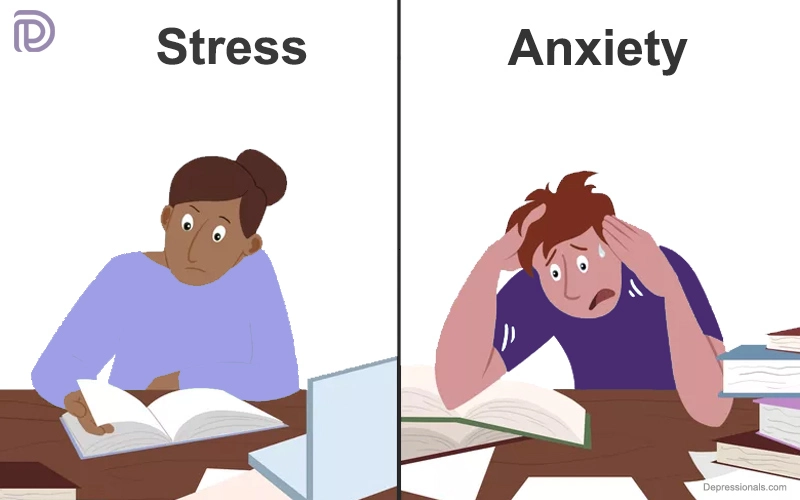
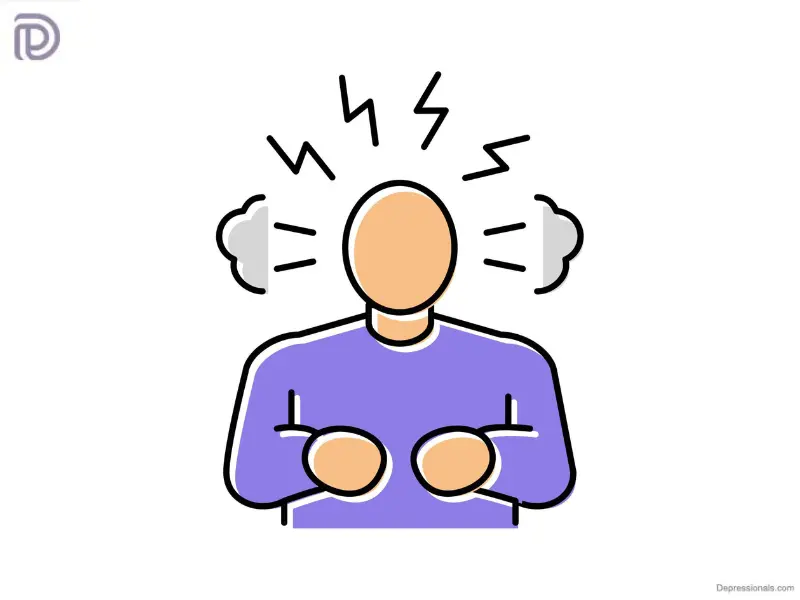
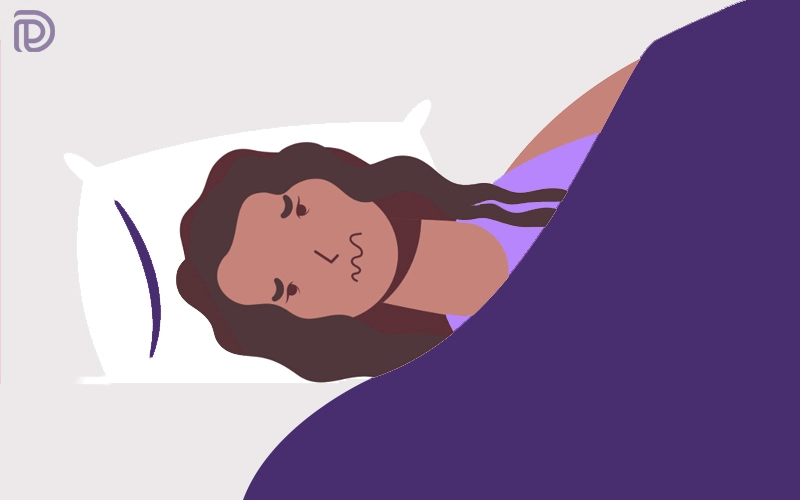
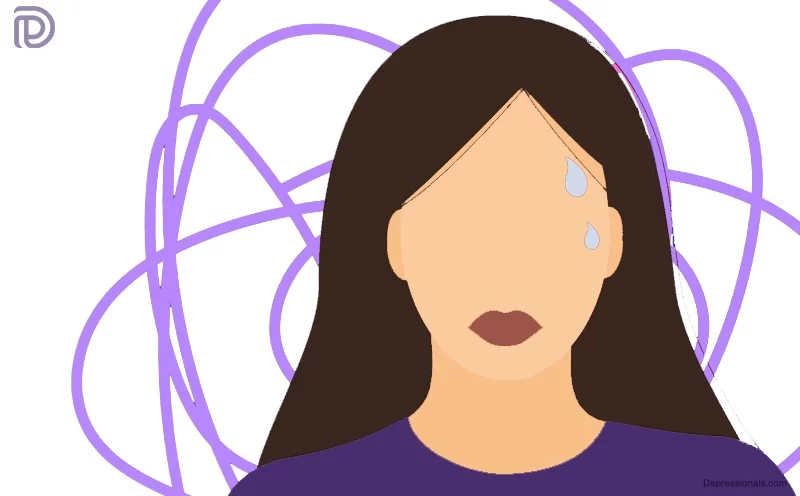
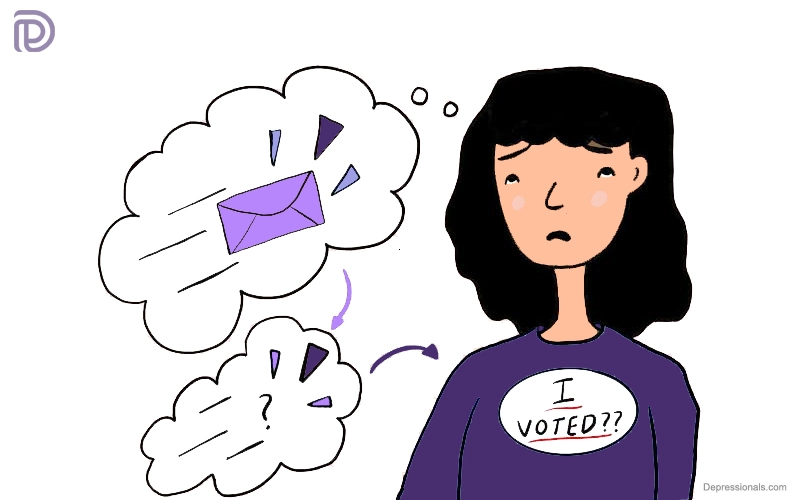

Hey I am so glad I found your web site, I really found you by accident, while I was searching on Digg for something else, Regardless I am here now and would just like to say thanks for a fantastic post and a all round interesting blog (I also love the theme/design), I don’t have time to read through it all at the minute but I have bookmarked it and also included your RSS feeds, so when I have time I will be back to read much more, Please do keep up the great work.